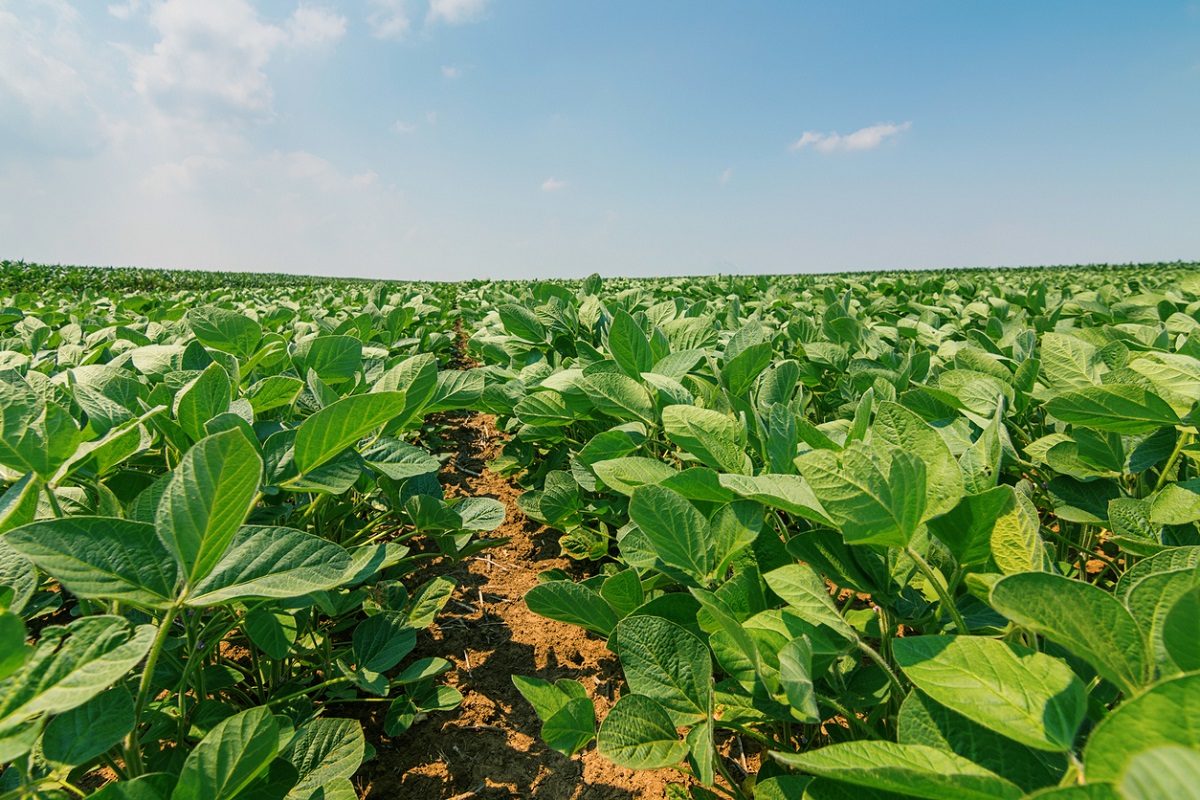
Scientists Confirm GM Crop Cultivation and Glyphosate Use Reduce Carbon Footprint Caused by Farming
November 10, 2021| |
A study conducted in the Saskatchewan province of Canada confirmed how cultivating genetically modified (GM) crops, particularly herbicide tolerant (HT) crops, and the complementary use of glyphosate increased carbon sequestration. In their publication, the authors stated that countries that ban GM crops and restrict glyphosate use are implementing policies that will not contribute to agricultural sustainability.
The study's objective was to investigate the driving factors of the land management transition in the area of study, wherein it was observed that weed control through continuous tillage has virtually disappeared due to cropland management systems that transitioned from continuous cropping with zero to minimal soil disturbance. The researchers used the Century Model to estimate carbon sequestration in the area.
Results showed that the transition from farmland being a significant carbon emitter to being a carbon sequester was supported by data that indicated that GM HT crops and glyphosate use were drivers of the increased soil carbon sequestration. The removal of tillage and adoption of minimal soil disturbances as a result of planting HT crops and using glyphosate reduces the carbon being released during tillage in continuous crop production. These findings exhibit that Saskatchewan farmers are reducing the carbon footprint of their operation and are contributing to Canada's national climate objectives. The researchers further stated that the removal or restricting of either or both cultivation of HT crops and glyphosate use would have adverse impacts on sustainability.
Read the full study in Sustainability to learn more.
| |
You might also like:
- Use of Crop Protection Products Improves Carbon Footprint
- Global Impact of Not Planting Herbicide Tolerant Crops Due to Glyphosate Ban
- Asian Farmers would Face Increase in Weed Control Costs on Glyphosate Use Restrictions
Biotech Updates is a weekly newsletter of ISAAA, a not-for-profit organization. It is distributed for free to over 22,000 subscribers worldwide to inform them about the key developments in biosciences, especially in biotechnology. Your support will help us in our mission to feed the world with knowledge. You can help by donating as little as $10.
-
See more articles:
-
News from Around the World
- Svalbard Global Seed Vault Receives First Deposits from Serbia and Latvia
- UN Climate Conference Calls for Urgent Action in Agriculture
- Study Highlights Economic Loss Caused by Barriers of GM Crop Commercialization
- Genomics to Help Breeders Develop Rice with Improved Taste, Cooking Time, Texture, and Appearance
- Scientists Confirm GM Crop Cultivation and Glyphosate Use Reduce Carbon Footprint Caused by Farming
- Food Futures: Commercialization of Gene Edited Crops in Asia and Australia
- 4th Asian Short Course on Agri-biotech, Biosafety Regulation, and Communication (ASCA2021)
- Research Finds Winter Important for Cereal Yield
- Gene Discovery Yields High Promise for Wheat Fertility in Changing Climate
-
Research Highlights
- Bax Gene Confers Bacterial Blight Resistance in Rice
-
Plant
- Scientists Assess Use of Meganucleases in Tomato and Oilseed Rape
-
Health
- UC San Diego Researchers Develop CRISPR-based Rapid Diagnostic Tool for SARS-CoV-2
-
Read the latest: - Biotech Updates (January 21, 2026)
- Gene Editing Supplement (January 28, 2026)
- Gene Drive Supplement (February 22, 2023)
-
Subscribe to BU: - Share
- Tweet

